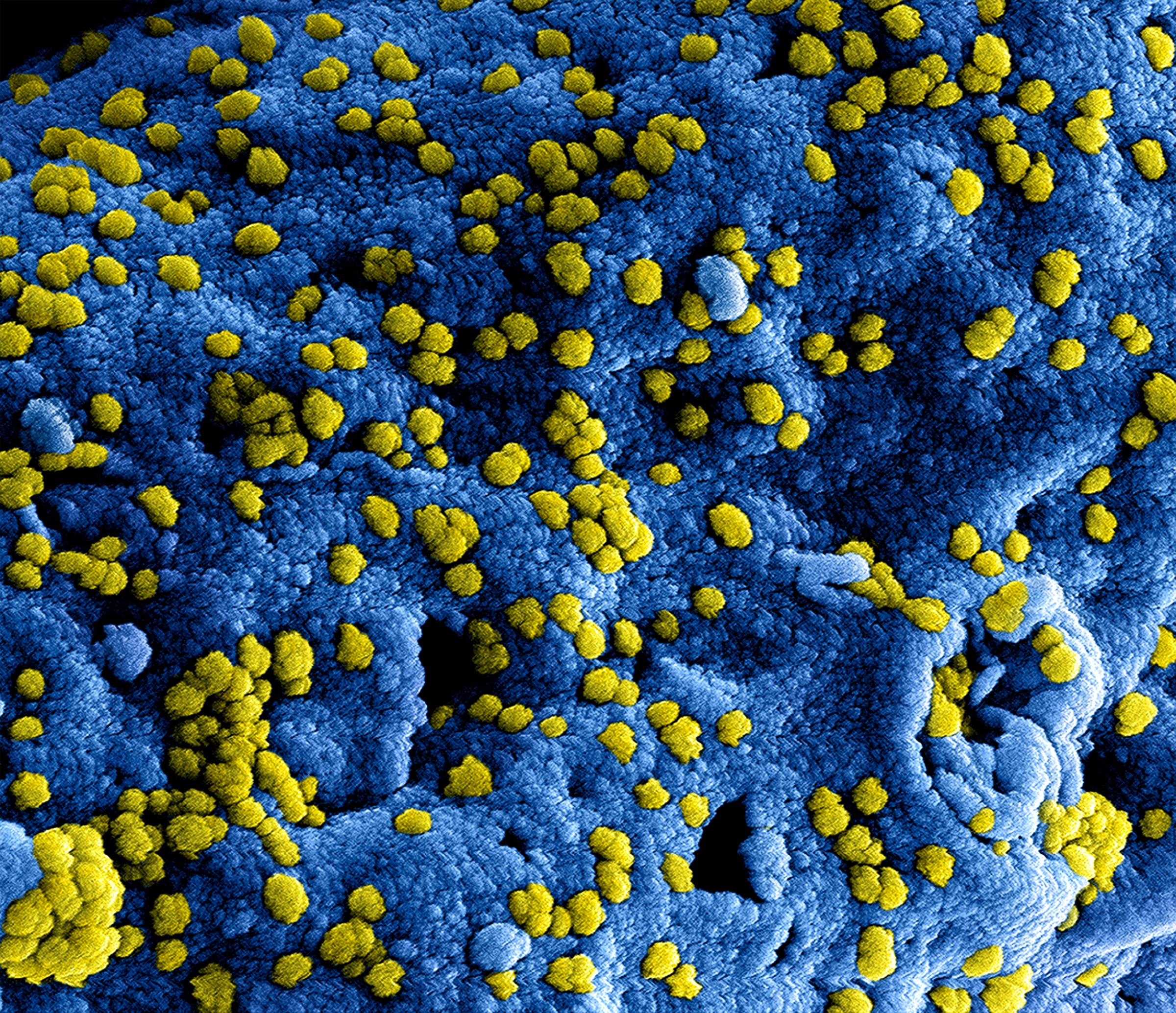The gut microbiome, a complex community of trillions of bacteria and other microorganisms residing in our digestive tract, plays a pivotal role in our overall health. These microscopic organisms are not just passive residents; they actively participate in many bodily functions. They aid in digestion, support our immune system, produce essential vitamins, and even influence our mood and mental health. This intricate ecosystem within our bodies is so crucial that many scientists refer to it as our “second brain.” Therefore, maintaining a healthy gut microbiome is not just beneficial, it’s essential for optimal health.
The Role Of The Gut Microbiome
The gut microbiome is a tireless workhorse that contributes significantly to our well-being. It helps break down food, particularly complex carbohydrates, into simpler molecules that our bodies can absorb. It also aids in absorbing nutrients and produces essential vitamins like vitamin K and certain B vitamins. But the role of the gut microbiome extends beyond digestion. It plays an important role in our immune system, helping to protect against harmful bacteria and other pathogens. Further, emerging research has shown that the gut microbiome can influence our mood and mental health, highlighting the intricate connection between the gut and the brain, often called the “gut-brain axis.” This fascinating discovery has opened up new avenues of research into mental health conditions like depression and anxiety.

Disruptions To The Gut Microbiome
Despite its resilience, the gut microbiome is sensitive to changes in our lifestyle and environment. Many factors can disrupt the balance of the gut microbiome, including a poor diet, stress, lack of sleep, and the use of certain medications like antibiotics. These disruptions can lead to a condition known as dysbiosis, characterized by an imbalance in the gut bacteria. Dysbiosis has been linked to a number of health issues, including digestive disorders like irritable bowel syndrome, obesity, heart disease, and even mental health conditions. Therefore, maintaining the balance of our gut microbiome is crucial for preventing these health issues.
Maintaining A Healthy Gut Microbiome
Maintaining a healthy gut microbiome involves lifestyle choices that support gut health. Here are some strategies:
Balanced Diet
A fiber-rich diet, lean proteins, and healthy fats can support a healthy gut microbiome. Fiber-rich foods, including fruits, vegetables, and whole grains, provide the necessary nutrients for gut bacteria to thrive. These foods serve as prebiotics, feeding the beneficial bacteria in our gut and helping them flourish. On the other hand, a diet high in processed foods and sugars can promote the growth of harmful bacteria, leading to dysbiosis.
Regular Exercise
Regular physical activity can enhance the diversity of the gut microbiome, contributing to better overall health. Exercise promotes better circulation, improving gut motility and the balance of gut bacteria. It also helps in managing stress, which can negatively impact gut health.
Adequate Sleep
Quality sleep is essential for gut health. Lack of sleep or irregular sleep patterns can disrupt the gut microbiome, leading to dysbiosis. During sleep, our bodies undergo various restorative processes, including regulating gut bacteria. Therefore, ensuring a regular sleep pattern and adequate sleep duration can support a healthy gut microbiome.
Supplements That Help Digestion
Supplements can also support gut health. For instance, digestive enzymes can aid in breaking down food and absorbing nutrients, promoting a healthy gut microbiome. These supplements contain a blend of enzymes that help break down carbohydrates, proteins, and fats, supporting optimal digestion and nutrient absorption. By aiding digestion, these supplements can help maintain a balanced gut microbiome and prevent digestive issues.
Probiotics
Probiotics are good bacteria that can help restore a healthy balance in the gut microbiome. They can be found in fermented foods or taken as supplements. Probiotics can support gut health by out-competing harmful bacteria, enhancing gut barrier function, and modulating the immune system. Learn more about probiotics with our guide.
Summary
To wrap it all up, maintaining a healthy gut microbiome is essential for overall health. By adopting a balanced diet, engaging in regular physical activity, ensuring adequate sleep, and considering supplements that help digestion and probiotics, you can support your gut health and promote a healthy gut microbiome. Remember, it’s always a good idea to speak to your healthcare provider before starting any new health regimen.
Hey welcome to my blog . I am a modern women who love to share any tips on lifestyle, health, travel. Hope you join me in this journey!

Speak Your Mind